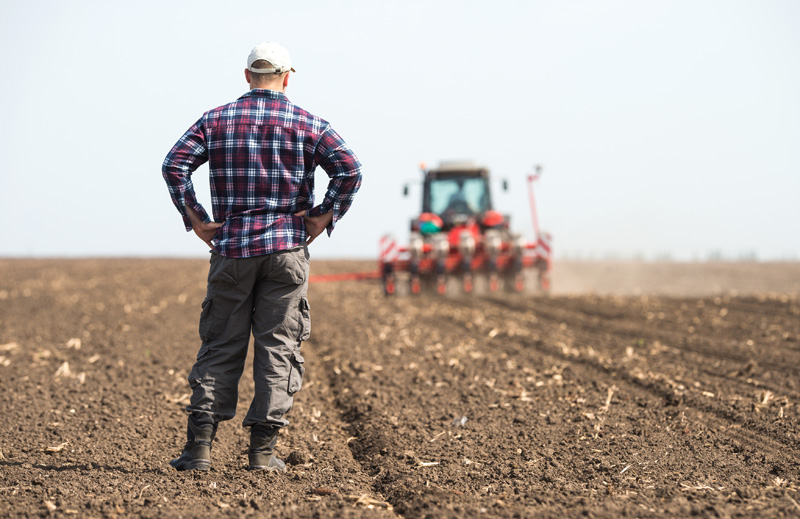The UK’s four farming unions have noted that Brexit provides a special opportunity to review the bulk of the regulations governing agriculture in the
The UK’s four farming unions have noted that Brexit provides a special opportunity to review the bulk of the regulations governing agriculture in the country.
They have asked the government to see this as an opportunity to ensure that the industry can operate under more streamlined regulations following the Great Repeal Bill process.
Andrew McCornick, NFU Scotland president noted that farmers were often overwhelmed by rules that hamper the farming process even though these rules do not have any obvious benefits.
“We understand that the focus of the Great Repeal Bill is to transform EU laws into UK laws as much as possible and to ensure that changes only accommodate laws that are operable.”
“It is our hope that the government will see this as an opportunity to ensure and efficient and streamlined regulatory process, possibly through an agriculture bill” according to him.
“We understand the challenge that comes with transferring the vast expanse of existing EU laws into UK law. Faming is however, most impacted in comparison with other sectors as a huge number of the different laws directly affect farmers and how they carry out their day-to-day businesses. Most importantly, we hope that the final version of laws will not negatively impact trading relationships with the rest of the EU.”

Placing Agriculture at the Forefront of Negotiations
Similarly, farm leaders have requested for agriculture to be placed at the forefront of Brexit negotiations.
According to NFU president Meurig Raymond, “the farming industry is the foundation of the UK’s food and drinks industry which is in turn the largest manufacturing niche in the UK presently.”
“The onus lies on us to ensure that the nation retains a steady supply of safe and high quality food. It is, therefore, vital for the government to place emphasis on the food and farming sector over the course of the negotiations for our exit from the EU”.
The farmer groups and other related bodies have also voiced concerns about future trade deals between the UK and the EU.
According to them, the UK and EU must ensure a free-trade deal that will prevents the prospects of custom duties for farmers.
In a recent letter to the government, the body said:
“Isolated operations are not possible. Farmers will need imported inputs and feed which will require access to other markets for these products, most importantly those with insufficient demand in the UK.”
Commenting on the requests, a spokesperson for the agricultural solicitors at Lanyon Bowdler, say that progress on all the issues raised by the farmers will be slow.
“It will be until May before any serious negotiations are kicked off as the French elections must be concluded first. The first focus will be the terms of the breakup as the UK will attempt to negotiate terms on £50bn bill as a result of existing financial commitments. After this, the next logical step will be the addressing of the rights of EU citizens residing in the UK and vice-versa.”
“Any trade talks will most likely take place in 2018 and it remains to be seen how the zero custom duty request from farmers will hold up. Presently, it can be referred to as ambitious at best”.




















































































































COMMENTS